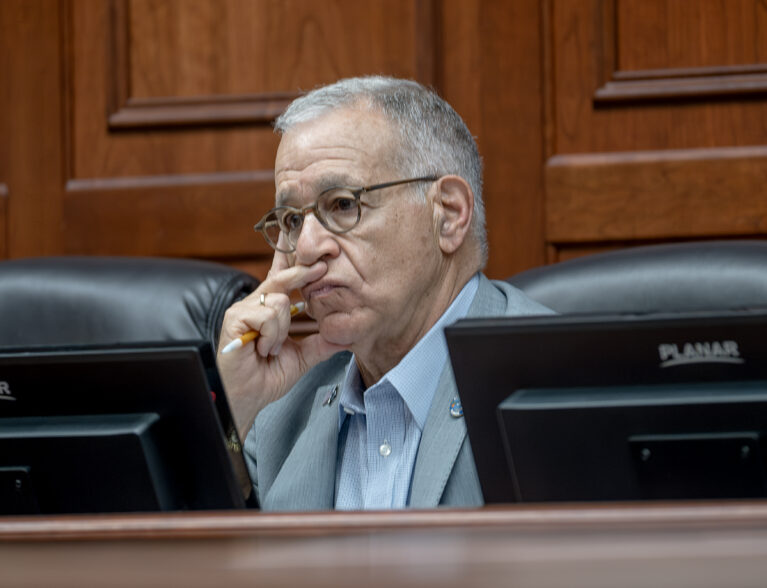
Vero Beach Mayor John Cotugno believes the city’s best chance to get voters’ endorsement of its vision to revitalize the downtown area is now.
That’s why he wants to see two related citywide referendums – to increase residential density and allow property owners to transfer development rights, but only in the downtown core around 14th Avenue – on the ballot in November.
Both ballot initiatives are designed to create an environment that would encourage the type of residential development believed needed to entice people, particularly younger adults, to live downtown.
“We have momentum,” Cotugno said, referring to the excitement generated by the public presentation of urban-planning guru Andres Duany’s downtown master plan in May. “We have enthusiasm from advocates in the community. And we have the backing of developers.
“If we wait a year,” he added, “we risk losing momentum and interest.”
The city also would risk losing a much-needed constituency – younger and more progressive-thinking voters who are more likely to embrace downtown residential development – if the ballot initiatives are postponed until the 2025 off-year election.
Cotugno said those younger voters are far more likely to participate in the presidential election in November, especially with statewide referendums on marijuana and abortion also on the ballot.
Off-year city elections have historically produced poor turnouts.
“It’s always better to run a referendum for change in a presidential election, because that’s when you get the biggest turnout,” the mayor said. “And you want the biggest turnout possible for a referendum asking voters to approve this kind of change.”
Three of the City Council’s other four members agreed, giving their initial approval of ballot initiatives that would:
- Increase the residential-housing density in the 50-acre downtown core from 17 units per acre to 36 units per acre, with a maximum of 1,800 total units.
- Allow building owners to transfer unbuilt units to another property owner – again, only in the downtown district – enabling that second owner to build at a higher density, as long as the total number of units remains below the maximum permitted for that area.
The downtown height restriction, however, will remain at 50 feet.
Tracey Zudans, who is running against County Commissioner Laura Moss for her District 5 seat, was the lone council member to oppose putting the proposed referendums on the Nov. 5 ballot – because she believes the city is risking failure by rushing the process.
She wants the council to postpone the ballot initiatives until next year, warning that increasing density is “scary” to many in the community, where people already are complaining about overdevelopment and traffic congestion.
Zudans also cautioned that the referendums, which state law limits to 75 words apiece, might not sufficiently explain to voters the city’s intentions, which she described as a “very complicated topic” with “too many unknowns.”
She said taking another year to make sure city residents understand the benefits of the downtown referendums – and become passionate about them – would be worth the wait.
Certainly, the council enhanced the chances of voters approving the referendums by reducing the Duany-recommended downtown density increase from 50 units per acre and 2,500 total units.
During his presentation, Duany said attracting young adults to live downtown is the key to the success of any revitalization plan.
“Driven by the optics, as well as concerns that some people might find 2,500 units frightening, we came up with a palatable compromise,” Cotugno said. “But even at 1,800 units, it will take a long time to get there – if it ever does.
“And if it does eventually max out,” he added, “a future council could come back and try to increase the number of units again.”
The council will decide at its July 23 meeting whether to put the downtown referendums on the November ballot.
If it does, the council’s greatest challenge could be educating the city voters about the referendums to a point where they feel comfortable enough to approve them.
State law prevents local governments from actively promoting the changes they seek in referendums.



